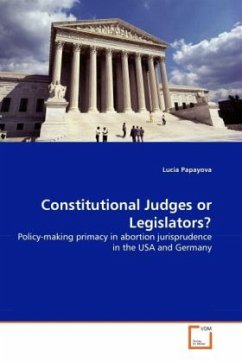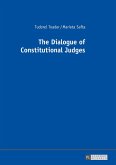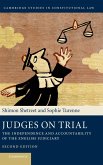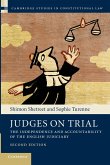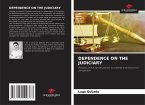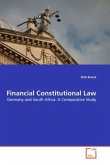This work examines the growth of law and policy- making powers of constitutional judges as an aspect of current profound changes within the legal and political environment sometimes also described as judicialization of politics.' It argues that separation of powers between legislators and constitutional judges is not a matter of description, but has its normative significance. It therefore claims that legislature should be primarily responsible for addressing broader issues of public policy. In order to establish validity of this claim, the paper examines growth of constitutional law and policy-making and its subsequent impact on the position of legislature as well as its ramifications in policy-making area. Analysis of judicialization' of abortion policy in the USA and in Germany serves as an analytical evidence of the various arguments underlying this claim. In order to reconcile law and policy-making powers possessed and exercised by both legislators as well as constitutional judges, normative arguments inherent to the institutional and functional limits of both are presented.

